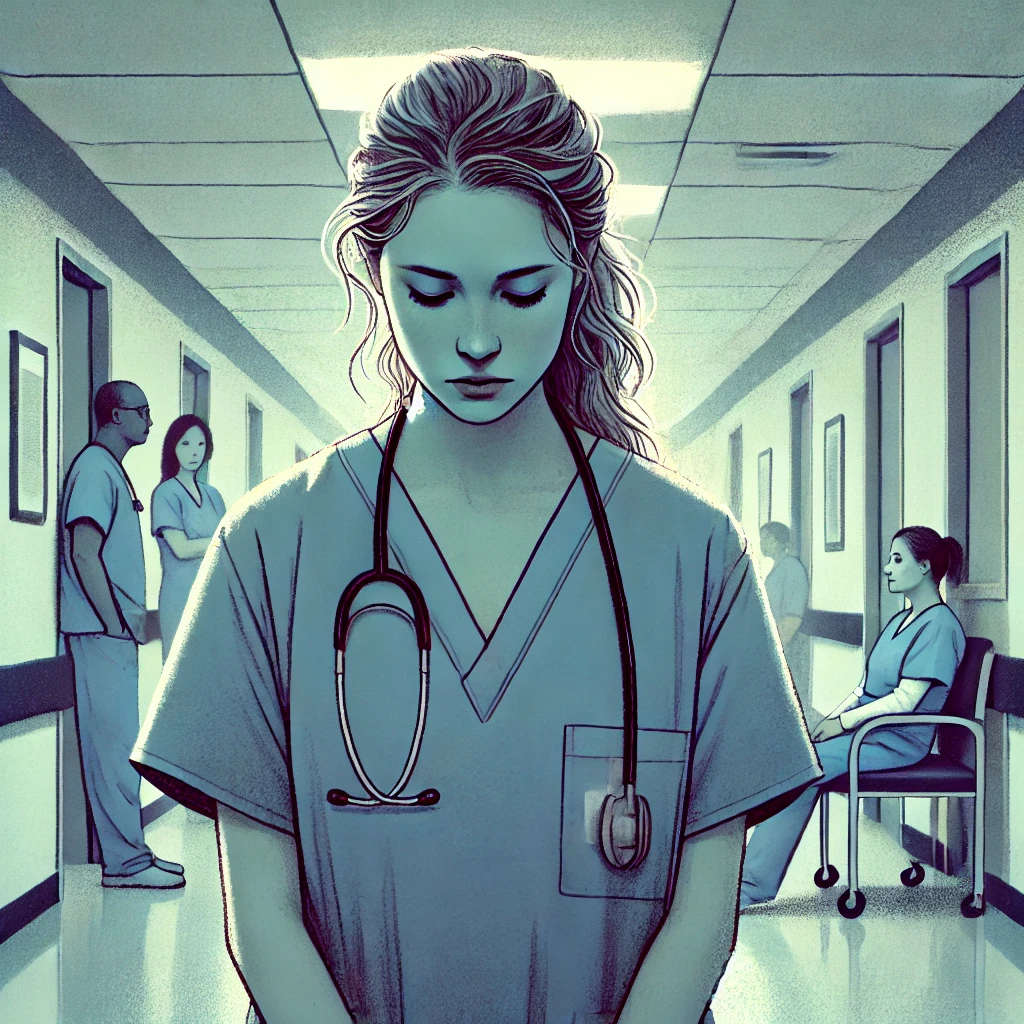Wishing You Happy Holidays and Announcing IJMS Vol. 12, No. 4!
Dear IJMS Readers,
As 2024 comes to a close, we extend our warmest holiday wishes and gratitude to our global community for advancing medical knowledge.
We are thrilled to share Volume 12, Issue 4 (2024), featuring diverse articles on topics like medical education, psychological distress, patient safety culture, and impactful reviews on high-altitude acclimatization and FSTL-1 in...







